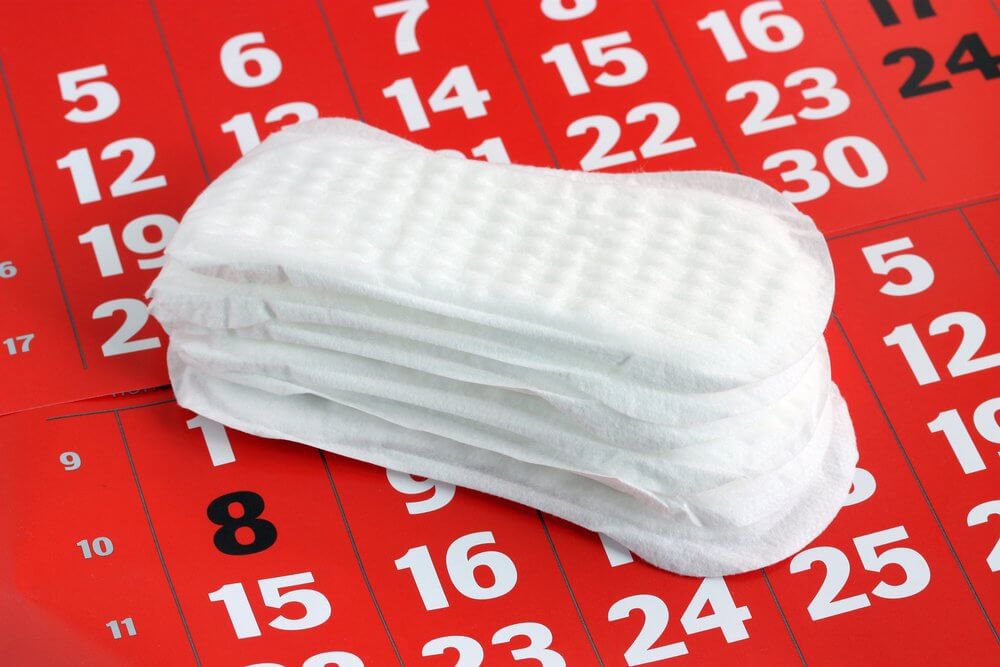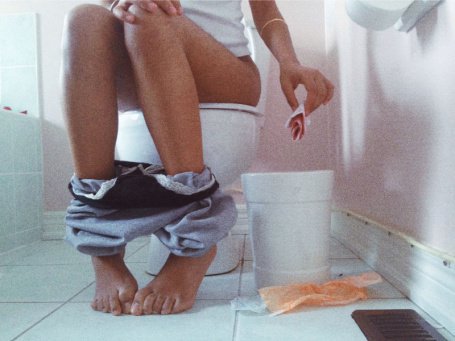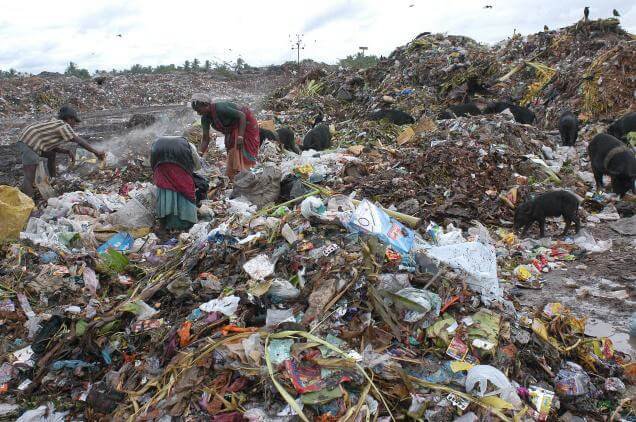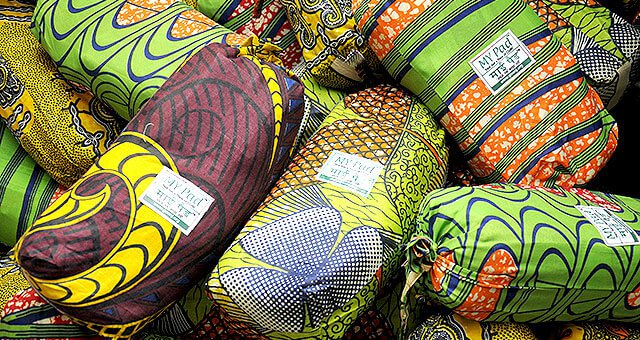Periods cause inconvenience, a lot of it. Any woman out there would agree. But disposing used sanitary napkins is an even greater headache. Using tampons doesn’t make it any easier because it essentially requires the same amount of effort to dispose them off. Never thought about the civic authorities who have to deal with this, have you?
Even though a 2011 survey concluded that only 12% women in India use sanitary napkins, that still makes for at least 9,000 tonnes of garbage!

Every woman has gone through the ritual of wrapping a soiled sanitary pad in a newspaper or a polythene, and tucking it in the garbage bin in a way that it remains hidden.
But what happens to all those soiled napkins after they’ve been picked up by the civic authorities?
They are carried to the outskirts of the city where they are manually segregated by waste-pickers and are eventually buried in a landfill.

But the story doesn’t end there. The fact that there is no proper way of disposal causes problems most of us are not even aware of.
The environmental ramifications of such a practice are horrible, to say the least. Given that the material used to make sanitary pads is essentially plastic, the used pads are non-biodegradable, which means that they will stay in the landfill for about 800 years. EIGHT HUNDRED FRIGGING YEARS!
There is an informal practice of burning used sanitary napkins but the fumes contain toxic gases like dioxins and furans. We already know what air pollution has lead to. Hence, none of these methods are eco-friendly or sustainable.
Moreover, the waste-pickers are the ones who segregate the biodegradable and non-biodegradable waste. They don’t use face-masks or gloves for this which means they are vulnerable to various microorganisms that thrive in the soiled pads. They are exposed to diseases caused by E coli, Salmonella, Staphylococcus and pathogens that cause hepatitis and tetanus.

But how do we bring about a change in this situation?
At this point of time, the burden of handling the post-consumer waste is being borne entirely by waste-pickers. It’s extremely important that companies manufacturing such goods give alternative solutions for disposal.
An even more sustainable way would be to manufacture sanitary napkins with biodegradable materials. For example:
- Goonj, an NGO based out of Delhi, has come up with sanitary pads made out of waste cloth.
- Delhi-based Shriram Institute for Industrial Research has developed a technology that uses bamboo pulp for the manufacture of sanitary pads.
- A firm called Washroom Hygiene Concepts has come up with another way of disposing used sanitary napkins which is to disinfect them. They have designed units in order to reach that end.

To make a change at a personal level, you can shift to using menstrual cups. They’re made of silicon and are actually more convenient than wearing sanitary napkins. Also, they are reusable!

















